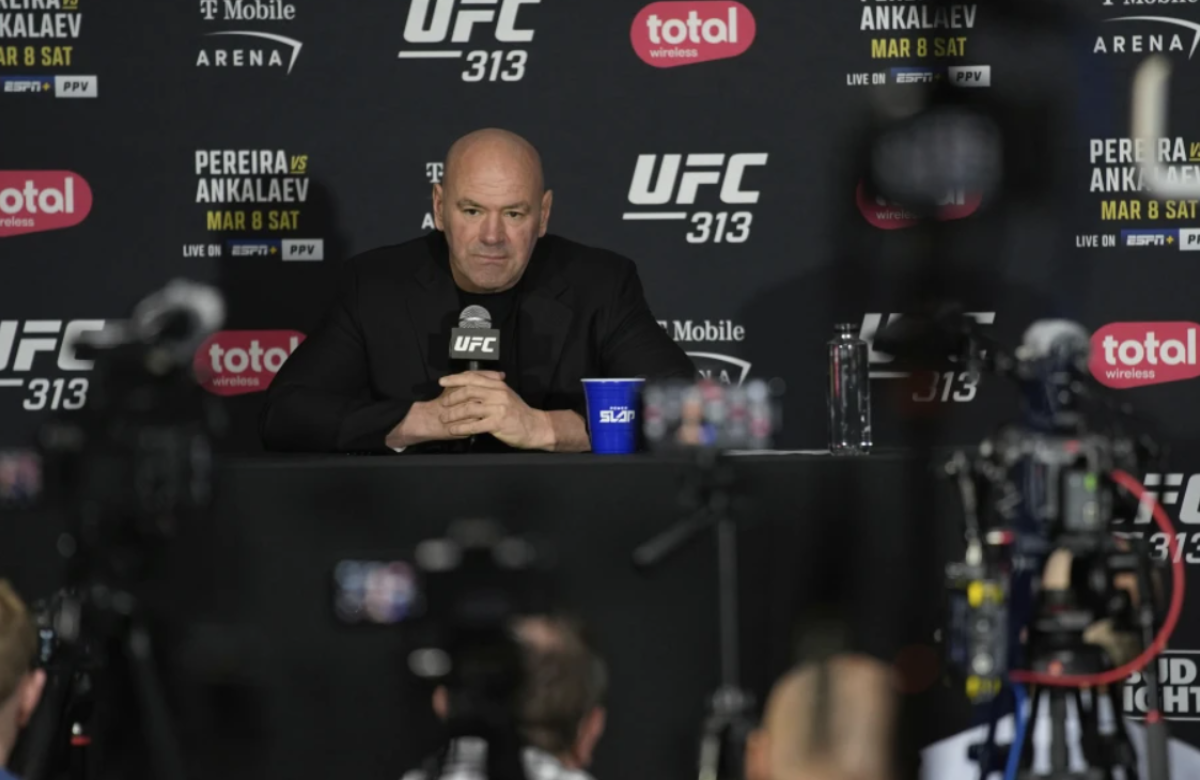Pete Rose, the iconic figure of baseball known for holding the record for the most hits in Major League Baseball history, has died at the age of 83. His passing was confirmed by Stephanie Wheatley, a spokesperson for Clark County, Nevada, who noted that Rose was found deceased by a family member. An investigation will determine the cause of death, but initial reports indicate there were no signs of foul play.
For many fans who followed baseball in the 1960s and 1970s, Rose, famously nicknamed “Charlie Hustle,” was a player like no other. With his scruffy hair, distinctive nose, and muscular build, he personified a relentless, old-school approach to the game. Rose was celebrated for his hustle, whether he was sprinting to first base after a walk or diving headfirst into bases.
Over a remarkable 24-season career, Rose amassed 4,256 hits, cementing his status as one of baseball’s greatest players. His intense playing style—characterized by head-first slides and sprinting to first base even after walks—earned him the nickname “Charlie Hustle.” This approach resonated with fans and teammates alike, exemplifying his commitment to winning.
Rose’s accomplishments include playing for three World Series-winning teams: the Cincinnati Reds’ formidable squads in 1975 and 1976, known as the “Big Red Machine,” and the Philadelphia Phillies in 1980. He was a 17-time All-Star and received multiple accolades, including the National League Rookie of the Year in 1963 and the MVP award in 1973. He also held the National League records for games played (3,562) and plate appearances (15,890). Record for longest hitting streak at 44 games. His most notable accomplishment was surpassing Ty Cobb’s career hit record, which totaled an astounding 4,256 hits—a feat that remains unmatched.
Rose’s journey to greatness began in Cincinnati, where he developed his skills with a broom handle and a rubber ball, inspired by his father. He made his major league debut in 1963 and quickly became a star, leading the league in hitting multiple times throughout his career. He was known for his consistency, achieving over 200 hits in a season ten times.
In 1989, he was banned from baseball for gambling on games, including those involving his own team. Despite initially denying the allegations, he later admitted to betting on baseball in a 2004 autobiography. According to MLB’s Rule 21, individuals associated with the game who gamble on their own team face permanent ineligibility, which ultimately ended Rose’s managerial career and barred him from the Hall of Fame.
An investigation led by attorney John Dowd concluded that Rose had indeed bet on baseball games, including those of the Cincinnati Reds, during 1985 and 1986, while he was both a player and the team’s manager, as well as in 1987, when he was solely in a managerial role.
In August 1989, Commissioner A. Bartlett Giamatti announced a lifetime ban for Rose, stating he could apply for reinstatement after a year, provided he could demonstrate a “redirected, reconfigured, rehabilitated life.” However, Rose initially remained in denial about his betting activities, insisting he had never wagered on baseball or on the Reds. On the day of his ban, he expressed optimism that his time away from the game would be brief.
In 1991, the Baseball Hall of Fame established a rule stating that any player on the permanent ineligible list would not appear on Hall ballots. It wasn’t until 2004 that Rose publicly admitted to betting on baseball and on his own team, although he maintained he never bet against the Reds. In his autobiography, “My Prison Without Bars,” he explained that his gambling was an attempt to recapture the adrenaline and excitement of his playing days. He described himself as always “hungry” for competition, stating that he didn’t want the challenges of managing to end.
Rose acknowledged that he understood the severe consequences of gambling while involved in the sport, which led him to deny the allegations for many years. His repeated denials raised doubts about his honesty, further complicating his relationship with baseball. Tragically, Giamatti passed away just eight days after banning Rose, leaving the reinstatement process unresolved.
In a surprising admission during a 2007 interview with Rose revealed that he had bet on the Reds “every night” while managing the team. However, Dowd clarified that Rose had not bet during games featuring certain Reds pitchers, raising concerns that this could suggest he lacked confidence in his team’s chances of winning those games.
The fallout from Rose’s gambling habits created a lasting divide between his remarkable achievements on the field and the controversies that overshadowed them. As a player, he was a symbol of grit and determination, but the scandal has forever altered how he is remembered in the world of baseball.















